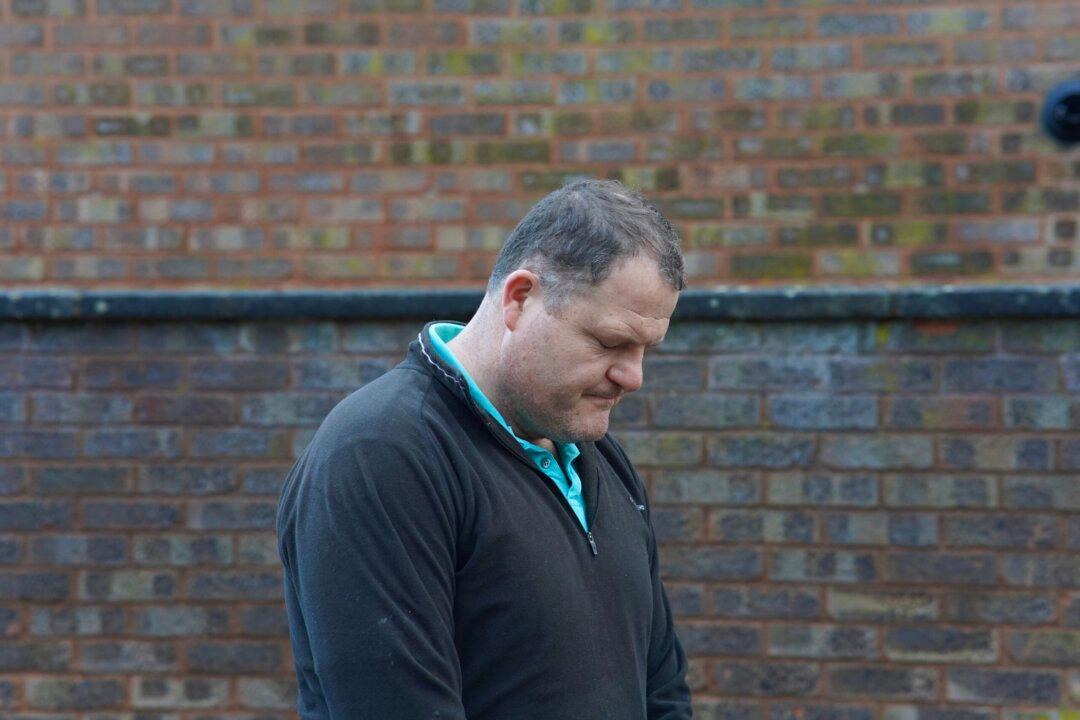It’s “naïve and simplistic” to suggest silent prayer outside abortion clinics “cannot be considered ‘detrimental’ to a person’s quality of life,” High Court judges said on Friday.
The remark is part of a judgement that dismissed legal challenges brought against the Bournemouth, Christchurch and Poole (BCP) Council over its creation of abortion clinic buffer zones using a Public Spaces Protection Order (PSPO).





